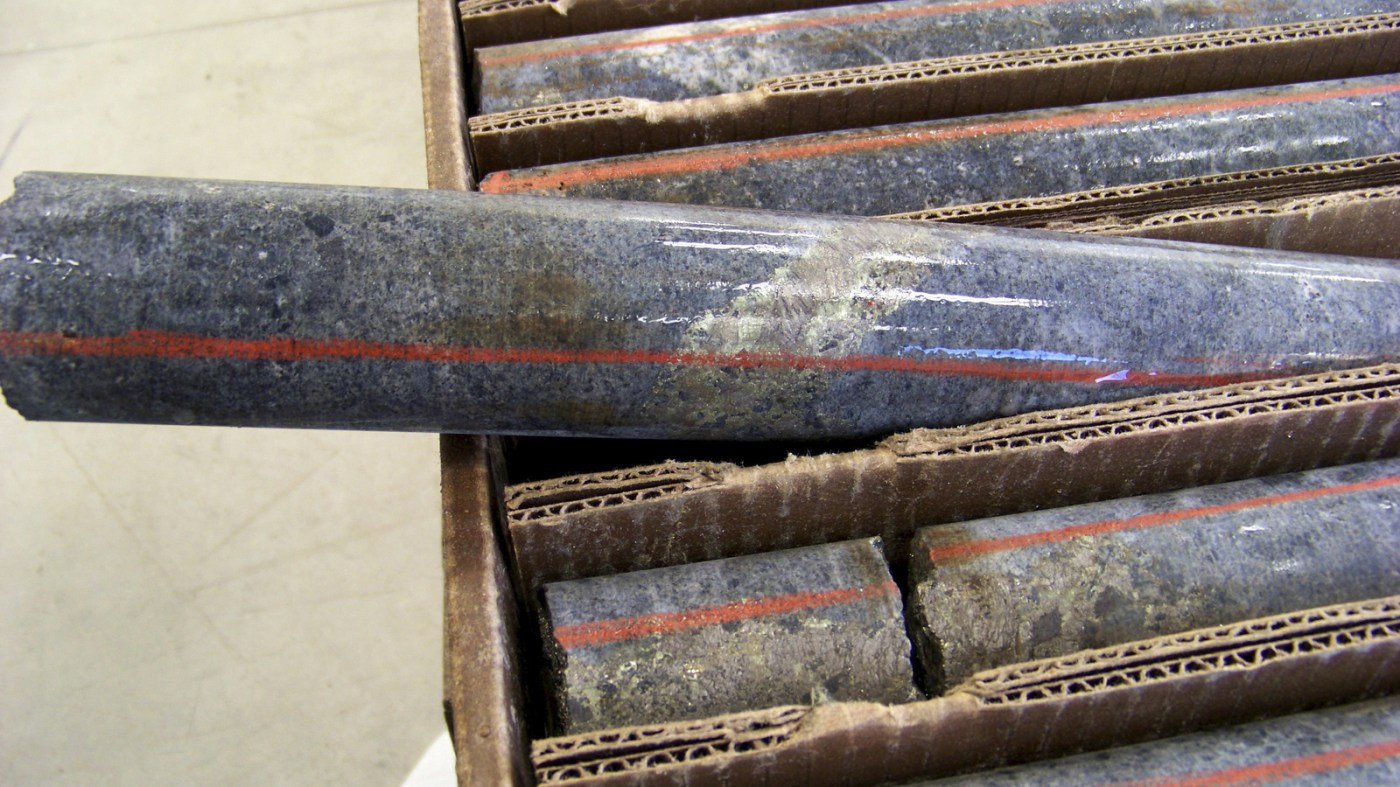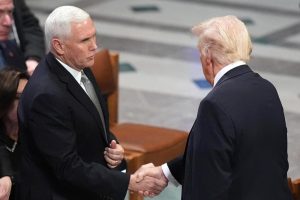
Minnesota Capitol bill would bar copper-nickel mines withing BWCA’s watershed
Democratic legislators have introduced a bill to bar copper-nickel mines from developing within the same watershed as the Boundary Waters Canoe Area Wilderness in northeastern Minnesota.
The bill seeks to ban mining on state-owned land within the Rainy River Watershed and bar the state from permitting any mining or mineral exploration in that watershed.
Mining is banned in the BWCAW, but environmentalists fear, and a federal government study released under President Joe Biden said, that tainted runoff from mining activities outside the wilderness’ boundaries but within the same watershed could harm the downstream wilderness area.
The chief authors of both the House and Senate versions are each Democratic-Farmer-Labor lawmakers from Eden Prairie: Sen. Steve Cwodzinski and Rep. Alex Falconer.
“This is not an anti-mining bill, this is a pro-Boundary Waters bill. … Modern life requires mining. It requires minerals needed for cellphones and computers, etcetera,” Falconer said at a news conference Thursday morning at the Capitol. “But while we look around the country and the world with our friendly trading partners for a source of minerals … we need to place a specific protection on places that are too vulnerable to put at risk to this mining activity.”
Falconer also works part time as the federal government relations manager for Save the Boundary Waters, which organized the news conference and supports the bill.
The bill targets the mining of sulfide ores, which contain metals like copper and nickel, by extending the state’s ban on mining in the Boundary Waters to the entire Rainy River Watershed.
“The bill ONLY applies to sulfide-ore copper mining and does NOT prohibit or otherwise impact existing or future taconite, iron ore, sand, gravel, and granite mining,” Save the Boundary Waters said in a news release.
Erik Evans, a Minnesota Department of Natural Resources spokesperson, said the agency, which permits and regulates the state’s mining industry, declined to take a position on the bill.
“The BWCAW is a treasure to both Minnesota and the nation, and it must continue to be protected,” Evans said in an emailed statement. “The question of whether or not additional restrictions on nonferrous mining are needed in the Rainy River Headwaters is the subject of ongoing litigation and therefore we do not have a position on the bill.”
After reviewing its existing 1993 rules for nonferrous mining in the same watershed as the BWCAW, the DNR in 2023 said that while the rules were “largely protective” of the wilderness, they could be bolstered to better protect the BWCAW from a mining operation’s light and sound pollution.
The agency also started a rulemaking process to extend the Minerals Management Area, which bans mining activity that would disturb the surface along the outside edge of the BWCAW.
At the time, the agency said questions of whether certain waste rock storage and mineral processing techniques should take place in the Rainy River Watershed should be left to the Legislature to consider.
Both Northeastern Minnesotans for Wilderness, the lead organization of Campaign to Save the Boundary Waters, and Twin Metals, which is hoping to build a large underground copper-nickel mine and dry-stacked tailings storage facility near Ely and Birch Lake within the Rainy River Watershed and 5 miles from the BWCAW, requested a contested-case hearing to challenge the DNR’s decision.
A hearing was held in November, but an administrative law judge has not yet returned an opinion.
Twin Metals, owned by Chilean mining conglomerate Antofagasta, said it opposed any ban on mining in the region.
“Any effort to ban mining in northeast Minnesota runs contrary to our state’s goal of achieving net zero emissions by 2050,” Twin Metals spokesperson Kathy Graul said in an emailed statement to the Duluth News Tribune. “This area contains the world’s largest known undeveloped deposit of copper, nickel, cobalt and other critical minerals that are essential for building clean energy technologies. Twin Metals Minnesota will play a vital role in sustainably developing these resources while creating much-needed jobs in an area that has been on economic decline for decades.”
While bills aimed at restricting copper-nickel mining in the Rainy River Watershed and across the state are routinely introduced in the Minnesota Legislature, none have recently become law, even when the DFL controlled both the House and Senate.
The DFL now has a one-seat majority in the state Senate, and the GOP has a one-seat majority in the House with one seat vacant until a March 11 special election.
The introduction of a bill that would restrict copper-nickel mining near the Boundary Waters at the state level comes as past federal actions aimed at protecting the BWCAW from mining in its watershed are being challenged.
In 2023, former President Joe Biden’s administration put a 20-year mining ban on federal land within the watershed. Coupled with the administration’s nonrenewal of key mineral leases to Twin Metals, the project was effectively killed.
But Republican President Donald Trump has vowed to reverse those actions, and earlier this month, U.S. Rep. Pete Stauber, R-Minn., reintroduced a bill to do that.
The bill passed the GOP-controlled House last year but was not taken up by the then-Democratic-controlled Senate.
It will likely pass the GOP-controlled U.S. House again this year, but passing the U.S. Senate could still be tricky.
While Republicans now hold a 53-seat majority in the Senate, the bill would require 60 votes to pass a filibuster. U.S. Sen. Tina Smith, D-Minn., said she would oppose the bill, MinnPost reported.
U.S. Rep. Betty McCollum, D-Minn., also reintroduced a bill to make permanent the mining ban on federal land in the Rainy River Watershed.

